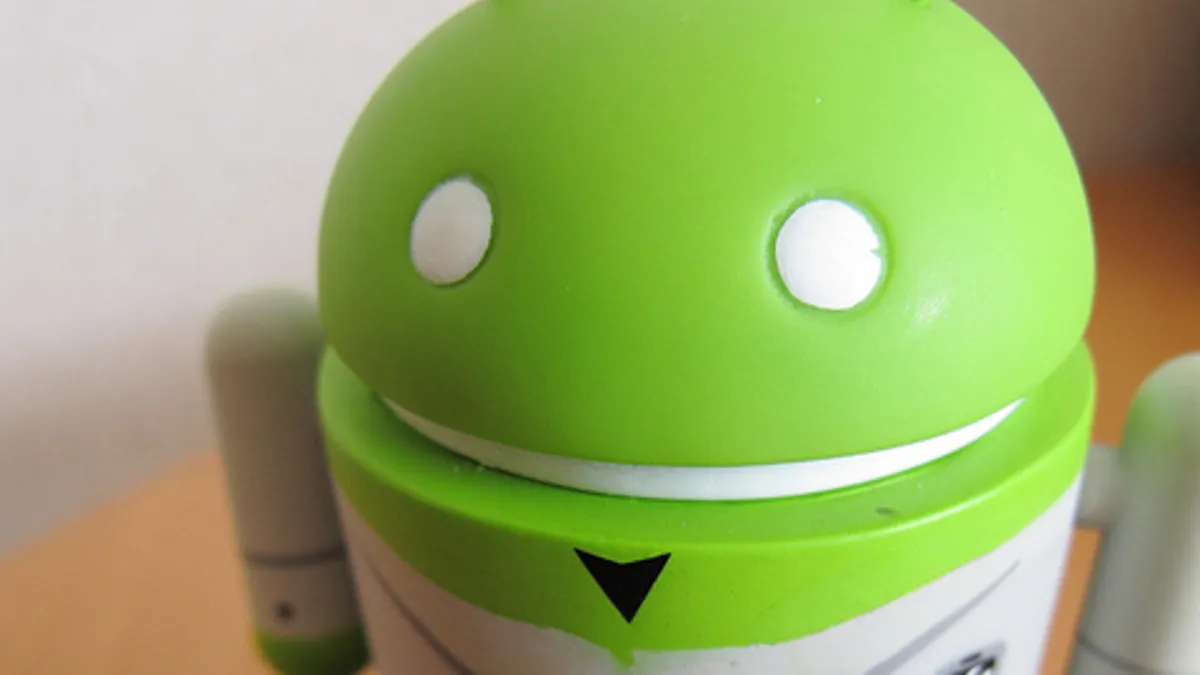Dive Brief:
-
Oracle and Google will return to court this week as part of an ongoing dispute over software copyrights.
-
This will be the second time the two companies meet in court over Oracle’s complaint that Google used parts of its Java platform in Android without a license.
-
Oracle originally filed the suit against Google six years ago.
Dive Insight:
In 2012, a jury found Google infringed upon Oracle’s copyright by using the "structure, sequence and organization" of 37 Java application programming interfaces in Android.
But William Alsup, the trial judge, later ruled that application program interfaces (APIs) aren't eligible for protection under U.S. copyright law. Later, an appeals court overturned that ruling. Google’s appeal to the Supreme Court was declined.
The case centers on Google's decision to use Java as the base for its Android operating system without obtaining a license from Sun Microsystems, which was acquired by Oracle in 2010. Oracle is seeking $9.3 billion in damages, according to court filings. The amount is about 10 times more than what the company asked for the last time the case went to trial.
Google has argued its use of Java is covered by fair use, but Oracle alleges Google chose to use Java because of the popularity of the program. Google simply wanted to get its operating system out before others took hold, Oracle alleges.
Experts say the outcome of the case could "alter the ground rules for modern software," and potentially altering how other businesses work with programming languages.
Oracle claims that allowing Google to use Java for free dissuades software companies from innovating, while Google claims not being allowed fair use of Java (or other software) prevents programmers from building new apps that can interact with each other, ultimately making any software less useful.
Judge Alsup will now again consider whether Google’s use of Java is protected under fair-use rules. The trial begins Monday in U.S. District Court in San Francisco.











